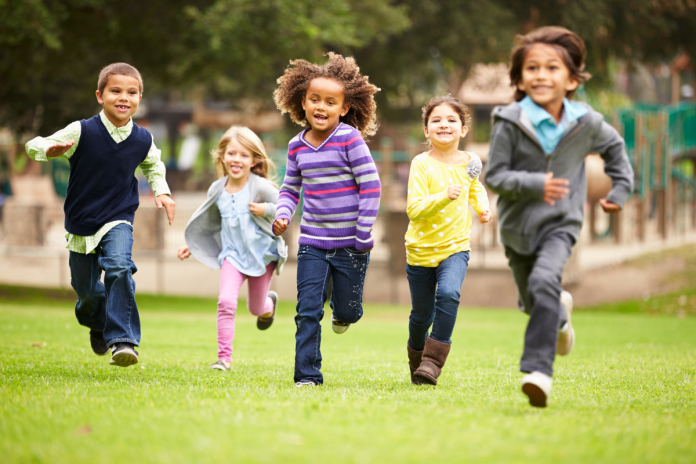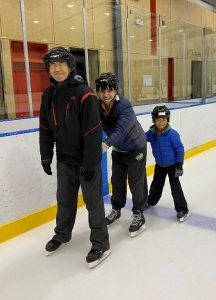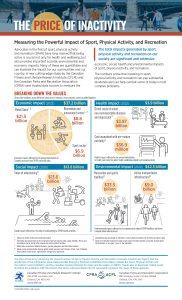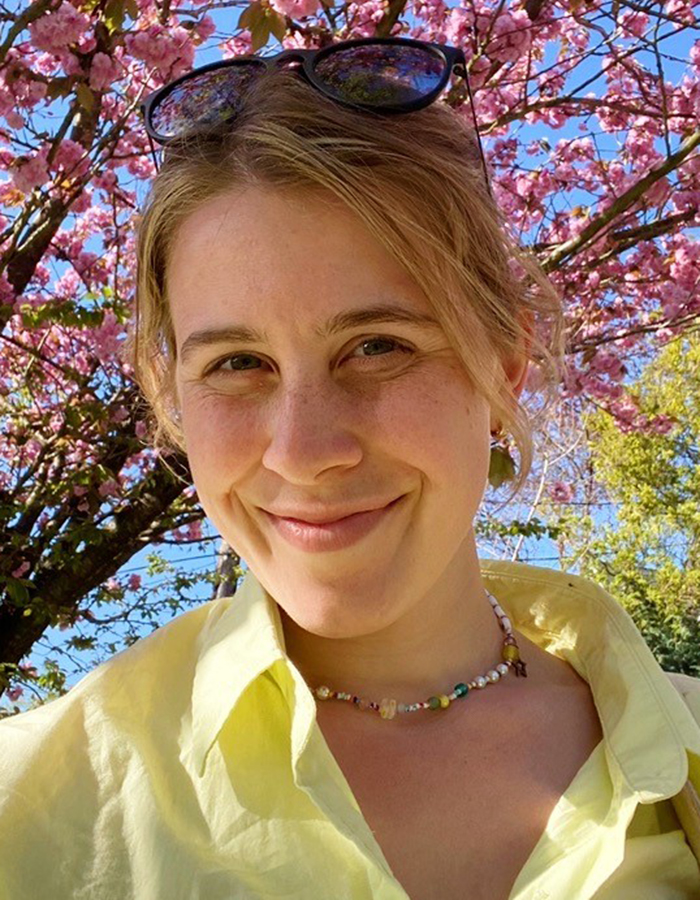
When the City of Delta launched its free Youth and Kids Pass, it took a giant leap for inclusive recreation in British Columbia.
It became the first municipality in BC to offer free drop-in programming for community members aged 18 and under in all municipal recreation centres. And that’s just the beginning.
What Delta has started can also be replicated in other communities. This model has the potential to reduce financial barriers, improve participation, and support healthier lifestyles for all ages.
YAK Pass Expands Free Recreation Access for Kids And Youth
On BC’s Family Day 2025, the City of Delta unveiled a groundbreaking initiative that promised to redefine how kids and teens access fun, fitness, and community. Enter the YAK Pass — short for Youth And Kids Pass — a trailblazing move that made Delta the first municipality in BC to throw open the doors to every city-operated recreation facility and drop-in program for residents aged 18 and under, completely free of charge.
Effective February 17, 2025, the YAK Pass now offers complimentary access to drop-in activities, including swimming, skating, fitness classes, and sports. This initiative reflects the City’s long-standing commitment to youth development and active living.
View this post on Instagram
Delta’s support for youth recreation dates back to 2004, with the ‘Grade 5 Admission Pass’. This early initiative provided free access to drop-in activities for all Grade 5 students in the Delta School District. In 2019, the City expanded access through the ‘Youth Pass’ for residents aged 10 to 18. The YAK Pass builds on this foundation by offering even broader access to all residents aged 18 and under
Unanimously approved by city council in December 2024, the YAK Pass aligns with Delta’s strategic goal to build an inclusive and safe community, as well as the Delta Families First initiative. While a nominal fee was considered during early discussions, city council chose to remove all cost barriers to ensure equitable access for all youth.
Strong Community Uptake and Support
The community response? For most, enthusiastic. Within the first two weeks of launching the YAK Pass for residents aged two to nine, over 2,500 new passes were issued. These add to more than 6,800 existing passes for residents aged 10 to 18, which have been automatically transitioned to the YAK Pass.

The initial planning phase for the YAK Pass involved a detailed financial analysis, including a review of annual revenues and a comparison of fee structures across eight neighbouring municipalities. While the pass did not directly increase fees, Delta adjusted certain admission and rental categories to better align with regional standards. The City anticipates that additional revenue from these adjustments will help offset the costs of offering the YAK Pass.
The YAK Pass has been supported by most residents, knowing that more kids will get free admission to recreation centres this year. At the same time, some residents have expressed disappointment that the City of Delta has increased fees for other individuals and groups to use the facilities to better align with neighbouring municipalities.
To extend affordability beyond the YAK Pass demographic, Delta has introduced several new initiatives, including a ‘Super Seniors Pass’ offering free access for residents aged 75 and older. The City has also reintroduced the 10-punch pass and lowered the cost of annual passes to the equivalent of eight monthly payments, down from ten.
A Model for Inclusive, Active Communities
The City of Delta has expressed confidence in the YAK Pass’s potential as a model for other communities. With this initiative, Delta continues to lead the way in creating accessible opportunities for residents of all ages to stay active, connected, and healthy communities.
Providing free recreation in communities across BC would have a profound and far-reaching impact on the recreation sector. By removing financial barriers, more individuals—especially those from low-income households—would be able to access programs, facilities, and services that support active, healthier lifestyles.
This could result in higher participation rates in recreational activities, leading to increased demand for programming, staffing, and infrastructure. The sector would see growth not just in usage, but also in opportunities for employment and professional development for recreation staff, instructors, and community leaders.
From an economic perspective, offering free recreation can help drive growth in the sector. Even though the programs don’t generate revenue through user fees, the long-term savings in public health costs—thanks to a more active, healthier population—can be significant.
According to The Price of Inactivity: Measuring the Powerful Impact of Sport, Physical Activity and Recreation in Canada report, physical inactivity costs Canada’s health care system nearly $4 billion annually. Increasing access to recreation, such as through initiatives like Delta’s YAK Pass, can improve health, reduce chronic disease, and ease pressure on healthcare.

Beyond participation, free recreation would enhance social inclusion and equity within communities. Recreation spaces often serve as vital community hubs where people of all ages and backgrounds can connect. Making these spaces more accessible fosters greater social cohesion, reduces isolation, and promotes a stronger sense of belonging. This inclusive approach supports mental and emotional well-being, particularly for youth, seniors, and other vulnerable populations who may face barriers to participation.
Increased participation also means more people use community centres, parks, and local services, which can bring added business to nearby shops and create more demand for staff and programming.
Free recreation also has a way of sparking community involvement. It opens doors for people to volunteer, build skills, and take on leadership roles — all of which strengthen local networks and build long-term community resilience.
In short, removing cost barriers doesn’t just make recreation more accessible—it helps make it a more central, dynamic part of community life.
Port Hardy Promotes Health and Inclusion Through Free Recreation Access
In a similar initiative, from September 2024 through June 2025, the District of Port Hardy has been offering free public and family swimming and skating sessions to residents, made possible by the support of the PlanH Healthy Communities Grant. This initiative aims to foster equity by removing barriers to participation, creating a welcoming environment where community members can simply show up and take part. By removing these barriers, the District aims to create a welcoming, inclusive environment where everyone feels they belong.
In a recent social media post, the District noted, “This is a fantastic opportunity for everyone in our community to stay active, have fun, and enjoy quality time together without any cost.”
Mayor Patricia Corbett-Labatt also expressed enthusiasm in Port Hardy’s final report video, sharing that the community is exploring ways to continue the program beyond June 2025.
The PlanH Healthy Communities Grant supports initiatives like this. Funded through the PlanH program — a partnership between BC Healthy Communities Society and the Ministry of Health — the grants help local and Indigenous governments across BC build healthier, more inclusive communities. Learn more about the PlanH Grants on the BC Healthy Communities website.
RELATED STORY: təməsew̓txʷ: Building Community Belonging for a Sustainable Future
About Kirkland Halliday
 Kirkland is the Senior Program Manager at BC Recreation and Parks Association. She is responsible for overseeing the delivery of the Choose to Move and ActivAge™ programs throughout British Columbia. She organizes program delivery and education development for provincial recreation, parks and fitness programs. Additionally, Kirkland acts as the Regional Manager for the Canadian Parks and Recreation Association, providing support for the National Safe Swimming Recovery Program & Green Jobs initiatives. Drawing on her background coordinating sports, fitness, and education programs, along with her Bachelor’s in Kinesiology and Masters in Management, Kirkland aspires to enhance the health and well-being of BC communities. Outside of work, Kirkland loves experimenting with new recipes, being outdoors, and camping.
Kirkland is the Senior Program Manager at BC Recreation and Parks Association. She is responsible for overseeing the delivery of the Choose to Move and ActivAge™ programs throughout British Columbia. She organizes program delivery and education development for provincial recreation, parks and fitness programs. Additionally, Kirkland acts as the Regional Manager for the Canadian Parks and Recreation Association, providing support for the National Safe Swimming Recovery Program & Green Jobs initiatives. Drawing on her background coordinating sports, fitness, and education programs, along with her Bachelor’s in Kinesiology and Masters in Management, Kirkland aspires to enhance the health and well-being of BC communities. Outside of work, Kirkland loves experimenting with new recipes, being outdoors, and camping.